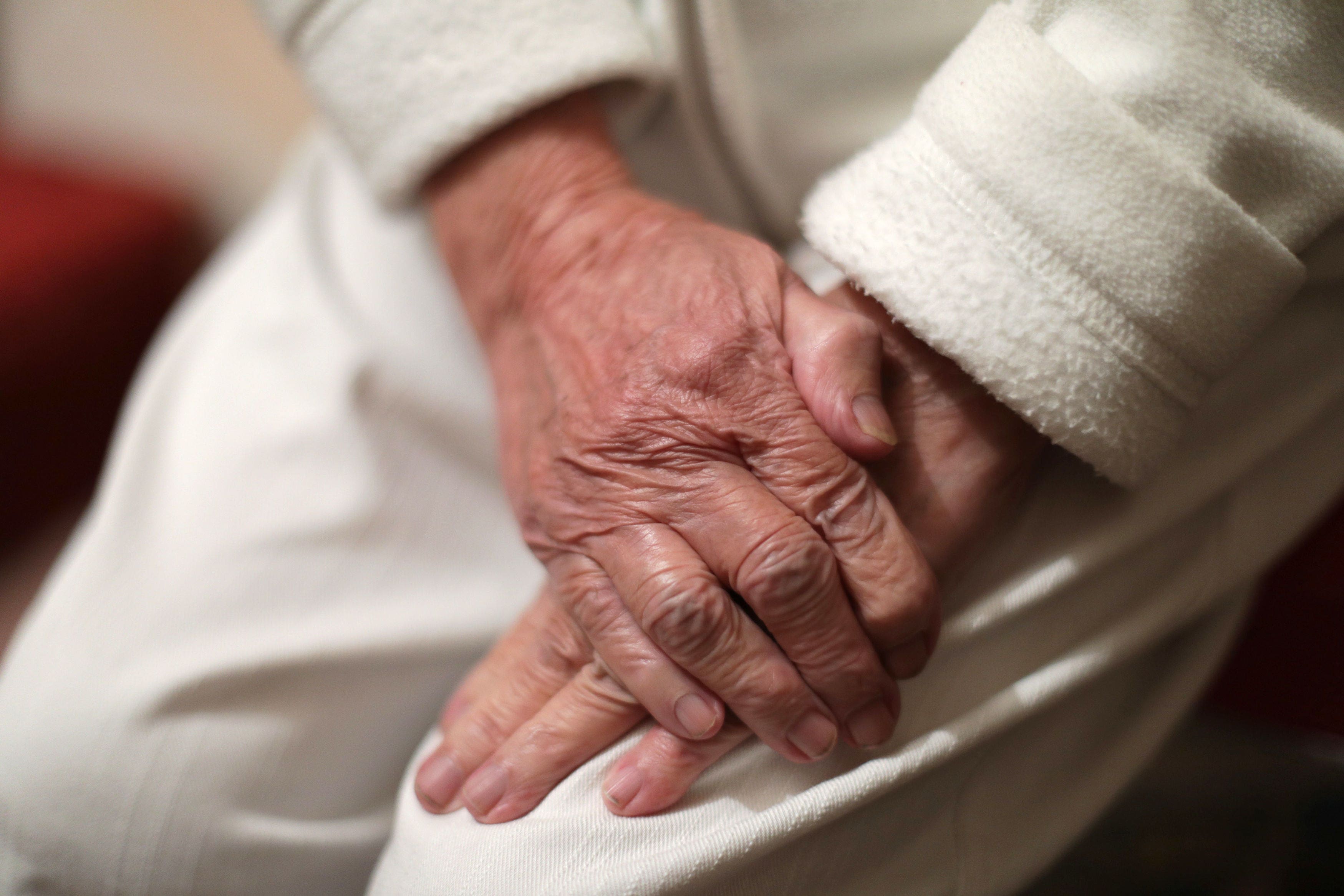High biological age may increase risk of dementia and stroke, study suggests
The findings claim that by slowing down the body’s biological ageing processes, it may be possible to reduce or delay the onset of disease.

People who have a higher biological age than their actual chronological age have an increased risk of stroke and dementia, new research has suggested.
Someone whose biological age was five years higher than their actual age had a 40% greater risk of developing vascular dementia or suffering a stroke, the study found.
The findings suggest that by slowing down the body’s biological ageing processes, it may be possible to reduce or delay the onset of disease.
If a person's biological age is five years higher than their actual age, the person has a 40% higher risk of developing vascular dementia or suffering a stroke
As people age, the risk of chronic diseases such as cancer, heart disease and neurodegenerative disorders increases.
Traditionally, researchers have relied on chronological age – the number of years a person has been alive – as a rough measure of biological age.
But because people age at different rates, chronological age is not the most precise measure, experts suggest.
Jonathan Mak, doctoral student at the Department of Medical Epidemiology and Biostatistics, Karolinska Institutet, Sweden, said: “If a person’s biological age is five years higher than their actual age, the person has a 40% higher risk of developing vascular dementia or suffering a stroke.”
In order to measure biological age and the link to disease, the researchers used data from 325,000 people, aged between 40 and 70, who were part of the UK Biobank database.
Eighteen biomarkers – molecules that indicate normal or abnormal process taking place in the body – were used to calculate biological age, including blood fats, blood sugar, blood pressure, lung function and BMI.
When compared to actual, chronological age, high biological age was linked to a significantly increased risk of dementia, especially vascular dementia, and ischemic stroke (blood clot in the brain).
The findings indicate that by slowing down the body’s ageing processes in terms of the measured biomarkers, it may be possible to reduce or delay the onset of disease.
Sara Hagg, associate professor at the Karolinska Institutet, said: “Several of the values can be influenced through lifestyle and medications.”
Additionally, the study, published in the Journal of Neurology, Neurosurgery and Psychiatry, found the risk of developing ALS, also known as motor neurone disease (MND), also increases with higher biological age.
However, no such risk increase was seen for Parkinson’s disease.
Bookmark popover
Removed from bookmarks